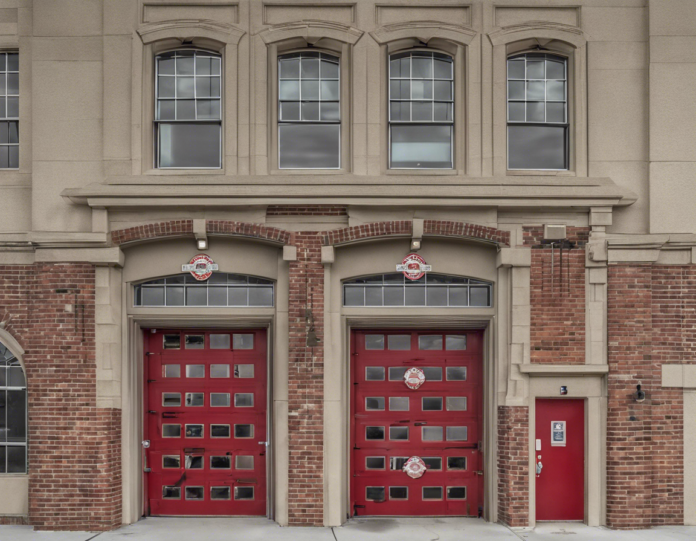As communities evolve and grow, the demand for innovative solutions to meet various needs also increases. One such trend gaining traction is the concept of fire station dispensaries. These unique establishments serve a dual purpose by combining essential fire protection services with convenient retail offerings, thereby bridging the gap between safety and service in a highly effective manner. In this comprehensive guide, we will delve into the ins and outs of fire station dispensaries, exploring their benefits, operational considerations, and potential impact on communities.
Understanding Fire Station Dispensaries
Fire station dispensaries are a novel combination of traditional fire stations and retail spaces, bringing together two seemingly unrelated services under one roof. While fire stations are primarily known for their role in emergency response and fire prevention, adding a dispensary component introduces a new dimension of convenience and accessibility to the community. These dispensaries typically offer a range of products and services, such as fire safety equipment, emergency preparedness kits, first aid supplies, and related retail items.
Benefits of Fire Station Dispensaries
- Convenience: By co-locating a dispensary within a fire station, residents can easily access essential safety products and services in one central location.
- Enhanced Community Engagement: Fire stations are already community hubs, and adding a retail component further strengthens ties between residents and first responders.
- Revenue Generation: The retail aspect of fire station dispensaries can serve as a revenue stream to support fire station operations and community programs.
- Improved Preparedness: By promoting and selling safety products, fire station dispensaries contribute to overall community preparedness and resilience in the face of emergencies.
Operational Considerations
Licensing and Regulations
Operating a fire station dispensary requires adherence to specific licensing and regulatory requirements, as it involves retail sales of goods. Fire stations must ensure compliance with local laws and obtain any necessary permits before establishing a dispensary on the premises.
Inventory Management
Efficient inventory management is crucial for the smooth operation of a fire station dispensary. Proper stocking of products, regular audits, and monitoring of expiration dates are essential to meet customer demand and maintain a sustainable retail business within the fire station.
Staff Training
Personnel working in fire station dispensaries should receive comprehensive training on both fire safety protocols and retail operations. This dual training ensures that employees can effectively assist customers with safety product recommendations while also responding to emergency situations if they arise.
Impact on Communities
The introduction of fire station dispensaries can have a profound impact on communities, beyond just the convenience of accessing safety products. By integrating retail elements into a familiar and trusted space like a fire station, residents may feel more inclined to engage with fire safety initiatives, attend educational events, and take proactive steps to safeguard their homes and families.
Furthermore, the revenue generated from the retail component can support additional community outreach programs, fire safety education campaigns, and equipment upgrades for the fire station itself. This self-sustaining model not only benefits residents by enhancing safety awareness but also empowers fire departments to better serve their communities in a holistic way.
Frequently Asked Questions (FAQs)
- Are fire station dispensaries a new concept?
-
While still relatively uncommon, fire station dispensaries are gaining popularity in communities looking to enhance safety services while offering added convenience to residents.
-
What types of products are typically available in a fire station dispensary?
-
Fire station dispensaries often stock a range of items including fire extinguishers, smoke alarms, first aid kits, emergency blankets, and other safety-related products.
-
Can anyone shop at a fire station dispensary?
-
Yes, fire station dispensaries are open to the general public, allowing anyone to purchase safety products and engage with fire department personnel.
-
Do fire station dispensaries impact emergency response times?
-
The retail component of a fire station dispensary is typically separate from emergency response operations, so it should not affect response times.
-
How are fire station dispensaries funded?
- Fire station dispensaries may be funded through a combination of revenue from retail sales, community partnerships, grants, and municipal budgets dedicated to fire prevention efforts.
In conclusion, fire station dispensaries represent a modern approach to combining safety services with retail convenience, creating a unique space that benefits both fire departments and the communities they serve. By embracing this innovative concept, communities can foster a culture of safety awareness, preparedness, and community engagement, all under the roof of their trusted local fire station.


Recent comments